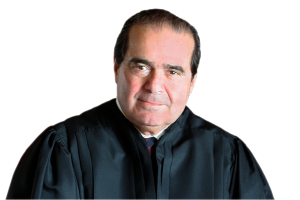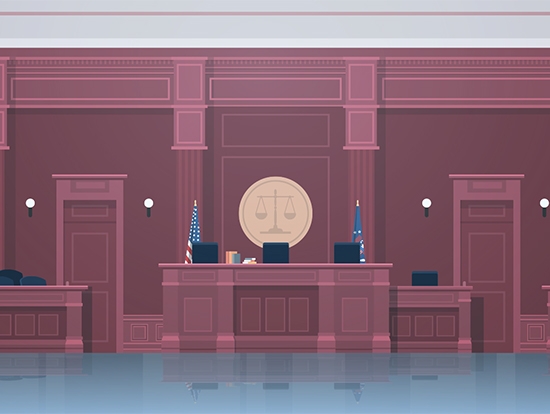Albright v. Oliver – 14th Amendment
Albright claimed that Oliver violated his Fourteenth Amendment substantive due process right by prosecuting him without probable cause
No. The Court ruled that Section 1983 relief for prosecution without probable cause is only valid if the prosecuted party claims Fourth Amendment (pretrial rights) violations. In a 7-2 decision authored by Chief Justice William Rehnquist, the Courtt reaffirmed its commitment not to extend substantive due process indefinitely and held that substantive due process does not guarantee non-interference by criminal investigations.
Facts of the case
Illinois police obtained a warrant to arrest Kevin Albright after he was seen selling a substance which look liked an illegal drug. Upon hearing of the warrant, Albright surrendered to police detective Roger Oliver. A trial court dismissed the charge because it did not state an offense under Illinois law.
Albright claimed that Oliver violated his Fourteenth Amendment substantive due process right by prosecuting him without probable cause. He filed suit against Oliver under 42 U.S.C. 1983, which provides relief to those deprived of civil rights. The federal District Court dismissed the suit because it did not state a claim under Section 1983. The U.S. Court of Appeals for the Seventh Circuit affirmed, holding that relief provided by Section 1983 for prosecution without probable cause is valid only if the prosecution caused a consequence such as loss of employment or incarceration.
Question
Can a citizen prosecuted without probable cause obtain relief under 42 U.S.C. 1983 for the deprivation of substantive due process rights?
Conclusion
Sort:
-
7–2 DECISION

Blackmun 
Rehnquist 
Stevens 
O’Connor 
Scalia 
Kennedy 
Souter 
Thomas 
Ginsburg

